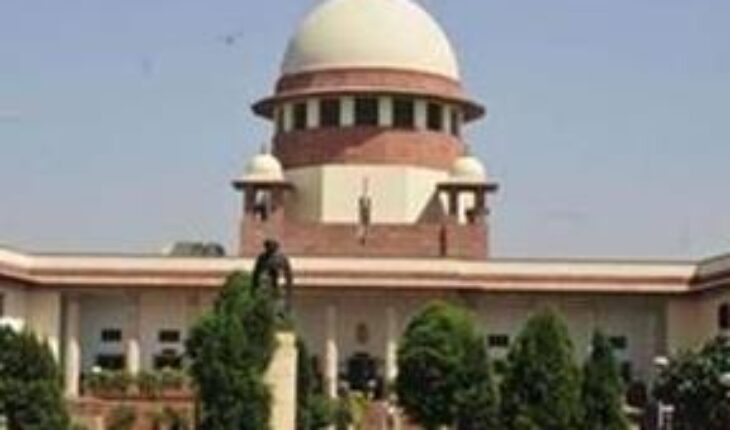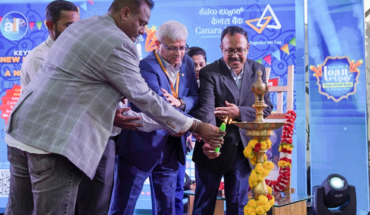New Delhi: The Supreme Court has sought the Centre’s response in a plea challenging the constitutionality of Muslim practices of polygamy, triple talaq (talaq-e-bidat) and nikah halala.
Talaq-e bidat is a Muslim man divorcing his wife by pronouncing more than one talaq in a single tuhr (the period between two menstruations), or in a tuhr after coitus, or pronouncing an irrevocable instantaneous divorce at one go (unilateral triple-talaq).
A bench comprising justices A R Dave and Adarsh Kumar Goel issued notice to Ministry of Minority Affairs and tagged the matter with the similar suo moto petition heard by the Supreme Court. Petitioner Shayara Bano said in her petition she was subjected to cruelty, and dowry demands, from her husband and his family. She claimed she was administered drugs that “that caused her memory to fade, kept her unconscious” and made her “critically ill” at which point her husband divorced her by triple talaq. She challenged the constitutionality of Section 2 of the Muslim Personal Law (Shariat) Application Act, 1937 in so far as it seeks to recognise and validate polygamy, triple talaq and nikah halala. The petitioner also challenged the Dissolution of Muslim Marriages Act, 1939 saying that it fails to provide Indian Muslim women with protection from bigamy. Bano stated in her petition that the issue of gender discrimination against Muslim women under Muslim personal laws, specifically the lack of safeguards against arbitrary divorce and second marriage by a Muslim husband during currency of first marriage notwithstanding the guarantees of the Constitution, needs to be examined by the Supreme Court. “Muslim women have their hands tied while the guillotine of divorce dangles, perpetually ready to drop at the whims of their husbands who enjoy undisputed power. Such discrimination and inequality hoarsely expressed in the form of unilateral triple-talaq is abominable when seen in light of the progressive times of the 21st century. “Further, once a woman has been divorced, her husband is not permitted take her back as his wife even if he had pronounced talaq under influence of any intoxicant, unless the woman undergoes nikah halala which involves her marriage with another man who subsequently divorces her so that her previous husband can re-marry her,” her plea said. — PTI






